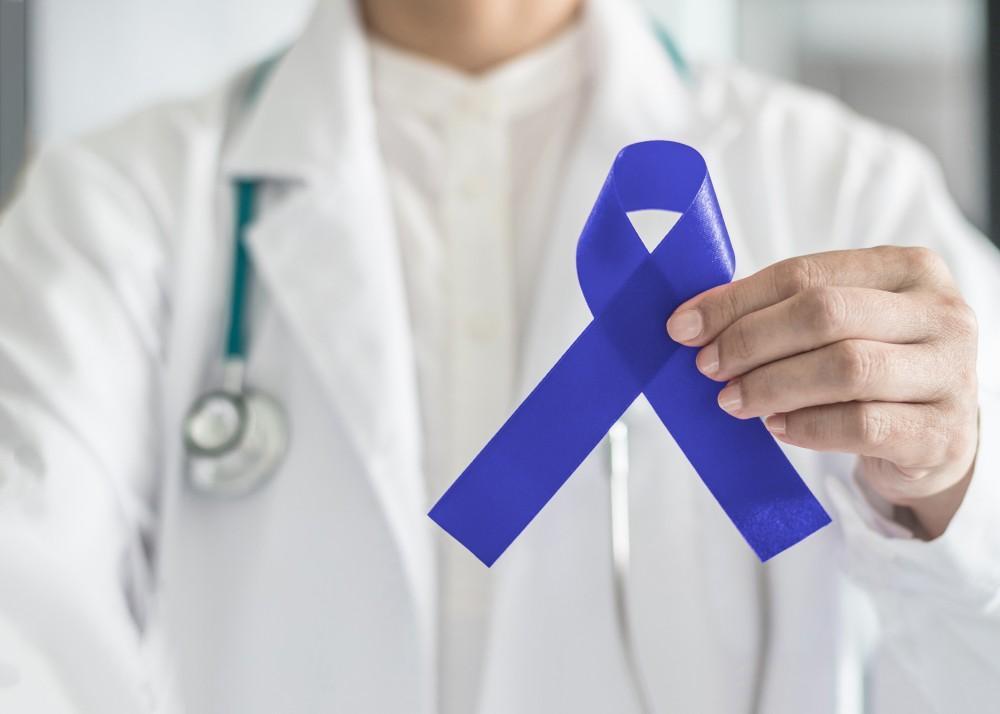
The Centers for Disease Control and Prevention recommend that everyone 50 years of age or older start screening for colon cancer. The reason is simple. This age group accounts for about 90% of all new colorectal cancer diagnoses. As with many conditions and cancers, early discovery leads to the best chance for a cure. Screening uncovers precancerous changes that are easy to treat.
Since March is National Colorectal Cancer Awareness Month, now is an excellent time to get informed about colon cancer, screenings, and how to schedule your screening with Dr. Kottapalli.
However, there are few symptoms when these changes take place, so screening may be your only chance to discover colorectal cancer in its early stages. GI Physicians Inc. in Lima, Ohio are colon cancer screening specialists. Contact Dr. Ven Kottapalli and his team when it’s time to update your screening schedule.
Even with advances in treatment, cancer remains a word that creates worry for virtually anyone. However, with early detection, colon cancer has an excellent survivability rate. Here are some facts about colon cancer you should know:
When colon cancer presents symptoms, these are usually easy to confuse with other conditions, since they’re often shared with other stomach or bowel ailments. Common gastrointestinal symptoms that may be present with colon cancer include:
The U.S. Preventive Services Task Force (USPSTF) recognizes these tests as acceptable for colon cancer screening:
If you’ve reached the age of 50, or if you have a family history of colon cancer, it’s time to contact GI Physicians Inc. Call the office at 419-419-5138 or request an appointment using the online tool. Book your consultation today.